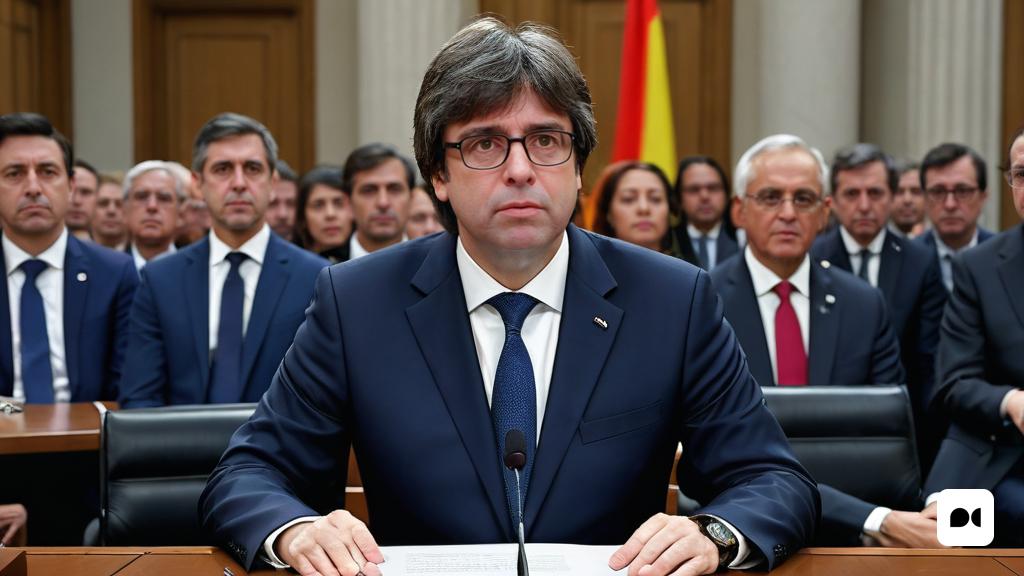The Legitimacy of the Aspirants to Preside over the Generalitat
The legitimacy of Carles Puigdemont to try to form a government majority is not in doubt. However, the real question is whether it really has the support of said majority. Both he and Salvador Illa and other candidates selected in the May 12 elections have the same legitimacy conferred by participation in democratic elections. Puigdemont is therefore free to explore various combinations to form a government, despite not having won the election.
Political Scenarios and Possible Majorities
Limitations of Possible Majorities
After the elections, two possible majorities emerged: a tripartite and a socio-vergence. However, none of these scenarios satisfy the actors involved. ERC is not willing to commit to a new tripartite or any government option, while sociovergence only seems feasible if it is led by JxCat, despite logic suggesting the opposite.
Risks and Possible Blockages
All scenarios, including blocking and repeat elections, are open. There is a risk that ERC, JxCat and the CUP will be harmed in the event of a repeat election, since the previous poor results were partly a consequence of the abstention of pro-independence voters.
Discontent of Independence Voters
The pro-independence parties have lost almost 850,000 votes compared to the previous elections, which would have guaranteed a majority. This discontent is due to the perception that the parties do not represent them and have manipulated the independence cause for tactical reasons, which has led to an increase in abstention.
Need for Renewal and New Leadership
The leaders of the pro-independence and Spanish parties who minimize the loss of majority as a setback for the independence movement hinder the regeneration of their respective parties. New leadership, disengaged from the errors of the past, is required to reconnect with the disenchanted electorate.
Persistence of Independenceism
Despite the claims of some leaders, the independence movement continues to exist, and its growth at the polls or outside of them is undeniable. Denial of this reality only distances parties from connecting with the disillusioned electorate.
Need for Transparency and Self-Criticism
It is crucial that political leaders communicate transparently and avoid misleading the electorate. Likewise, self-criticism and leadership regeneration are essential to reconnect with disillusioned voters.

